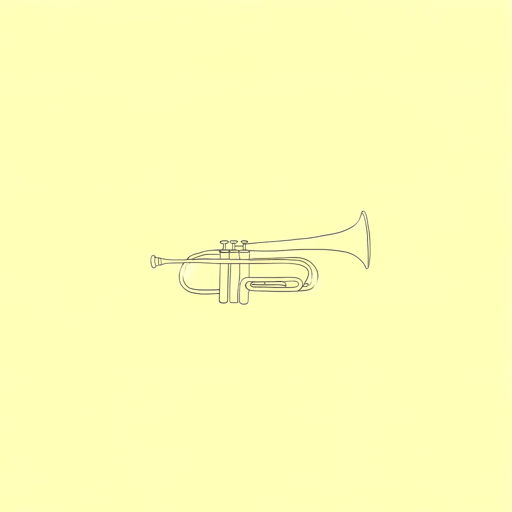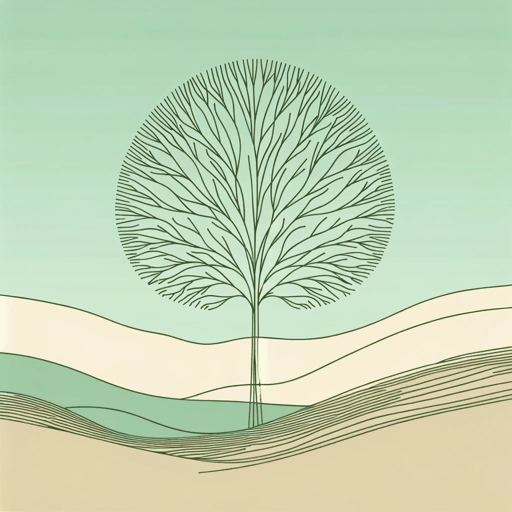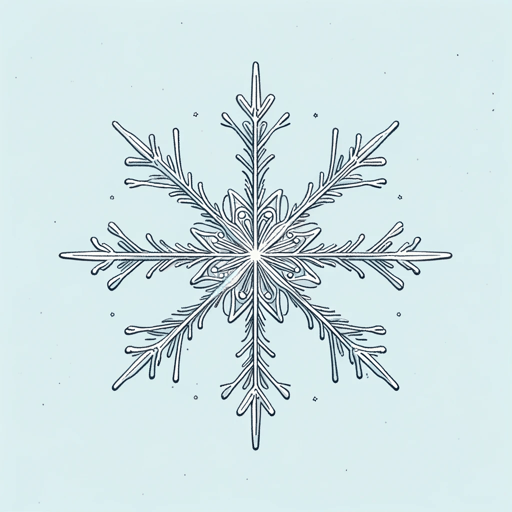20 pages • 40 minutes read
Claude McKayThe Lynching
Fiction | Poem | Adult | Published in 1922A modern alternative to SparkNotes and CliffsNotes, SuperSummary offers high-quality Study Guides with detailed chapter summaries and analysis of major themes, characters, and more.
Further Reading & Resources
Related Poems
“To the White Fiends” by Claude McKay (1918)
One of McKay’s first poems written in America, “To the White Fiends” represents the immigrant McKay’s anger at American racial prejudice and violence. In this protest sonnet, McKay informs his white oppressors, whom he addresses as “fiends,” that he and other Black Americans are just as capable of violence should they choose to ignore their conscience and Christian calling. Like “The Lynching,” “To the White Fiends” expresses intense feelings of bitterness and indignation against violent and “fiendish” racists (“The Lynching,” Line 14).
“If We Must Die” by Claude McKay (1919)
“If We Must Die” remains McKay’s most famous and enduring poem. Its spirit of defiance against oppression and its speaker’s refusal to die or give up without a fight have made the poem a popular rallying cry within Black political movements for decades. McKay’s sonnet emphasizes the inherent nobility and courage of the often-dehumanized Black race in the face of violent persecution.
“The White House” by Claude McKay (1922)
Like McKay’s previously mentioned poems, “The White House” explores the effects of bigotry as well as the author’s bitterness toward the racial prejudice he experiences. Within the poem, McKay confesses the difficulty of refraining from the “potent poison” (Line 14) of hatred and portrays his struggle to find the “grace” (Line 3) to accept another door being “shut against” (Line 1) his face.
Related Titles
By Claude McKay

America
Claude McKay

Home To Harlem
Claude McKay

If We Must Die
Claude McKay

Joy in the Woods
Claude McKay

The Harlem Dancer
Claude McKay

The Tropics in New York
Claude McKay

The White House
Claude McKay

To One Coming North
Claude McKay

When Dawn Comes to the City
Claude McKay

